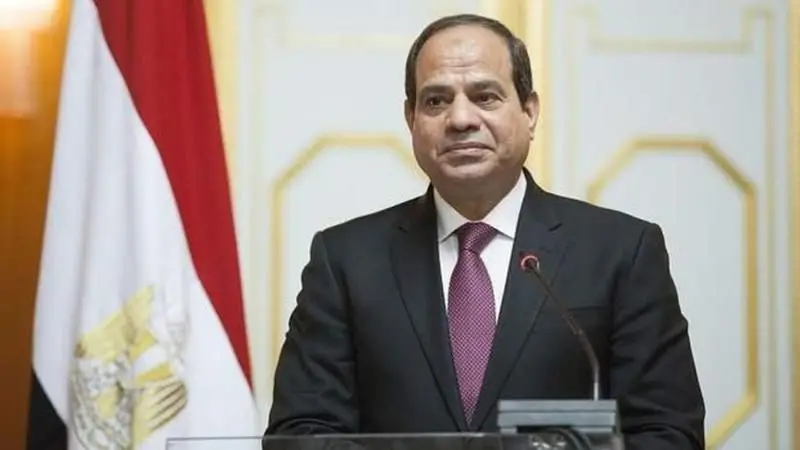Egypt’s Involvement in the Ethiopia-Somalia Dynamics
The Horn of Africa remains one of the most geopolitically volatile regions in the world, with its nations often caught in complex webs of alliances, rivalries, and historical disputes. Among the numerous players influencing the region’s politics, Egypt’s involvement in the Ethiopia-Somalia dynamic stands out due to its historical, geopolitical, and strategic motivations. This analysis explores the multifaceted nature of Egypt’s involvement and its implications for regional stability.
 |
| Getty images |
Shared Arab Identity
Egypt’s ties with Somalia date back to the mid-20th century, rooted in shared membership in the Arab League and a common cultural and political identity. Egypt played a significant role in supporting Somalia’s early post-independence development.
Somalia’s Historic Rivalry with Ethiopia
The longstanding Somali-Ethiopian conflict, particularly over the Ogaden region, has provided Egypt with an opportunity to engage with Somalia strategically. By supporting Somalia, Egypt has sought to weaken Ethiopia and reduce its regional influence.
Geopolitical Motivations
The Grand Ethiopian Renaissance Dam (GERD)
At the heart of Egypt’s geopolitical rivalry with Ethiopia is the construction of the GERD on the Blue Nile. Egypt views the dam as a potential existential threat to its water security, as the Nile supplies nearly 90% of its freshwater. Despite negotiations, Egypt, Ethiopia, and Sudan have not reached a binding agreement on the dam’s operation.
Leveraging Regional Alliances
Egypt’s growing ties with Somalia are part of a broader strategy to counterbalance Ethiopia’s regional influence. By strengthening its relationship with Somalia, Egypt seeks to exert pressure in negotiations over the Nile waters.
Strategic Interests
Maritime Security
The Red Sea and Bab-el-Mandeb strait are critical chokepoints for global maritime trade, and Egypt has a vested interest in securing these waterways. By engaging with Somalia, which has a long coastline along the Indian Ocean, Egypt can bolster its influence over strategic maritime routes.
Economic Opportunities
Potential investments in Somali infrastructure, trade, and development projects offer opportunities to deepen bilateral ties and reduce Ethiopia’s economic leverage in the region.
Military and Diplomatic Maneuvers
Defense Cooperation
In recent years, Egypt and Somalia have signed agreements to enhance military cooperation, including training Somali forces and providing military equipment.
Peacekeeping Initiatives
Egypt’s offer to deploy troops to Somalia as part of the African Union’s stabilization mission demonstrates its intent to position itself as a key player in regional peacekeeping.
Implications for Regional Stability
Ethiopia-Somalia Relations
The growing partnership between Egypt and Somalia has strained relations between Somalia and Ethiopia. Ethiopia’s agreements with Somaliland, including the leasing of ports, are viewed by Somalia as infringements on its sovereignty.
Broader Geopolitical Alignments
The Horn of Africa is becoming an arena for broader geopolitical competition, with external actors like Egypt, Turkey, and the Gulf states vying for influence. Egypt’s actions in Somalia are part of this larger contest, reflecting its desire to maintain a strategic foothold in the region.
Conclusion
Egypt’s involvement in the Ethiopia-Somalia dynamic is driven by a combination of historical ties, strategic imperatives, and geopolitical rivalries. While its actions serve its national interests, they also contribute to a complex and volatile regional environment. Sustainable peace and stability require inclusive and transparent negotiations to address the region’s challenges effectively.

Comments
Post a Comment